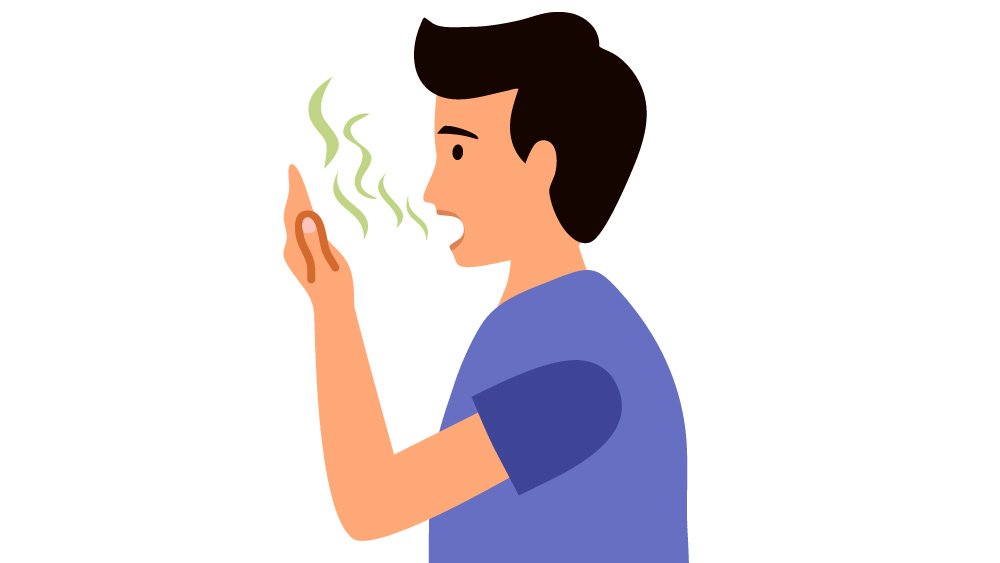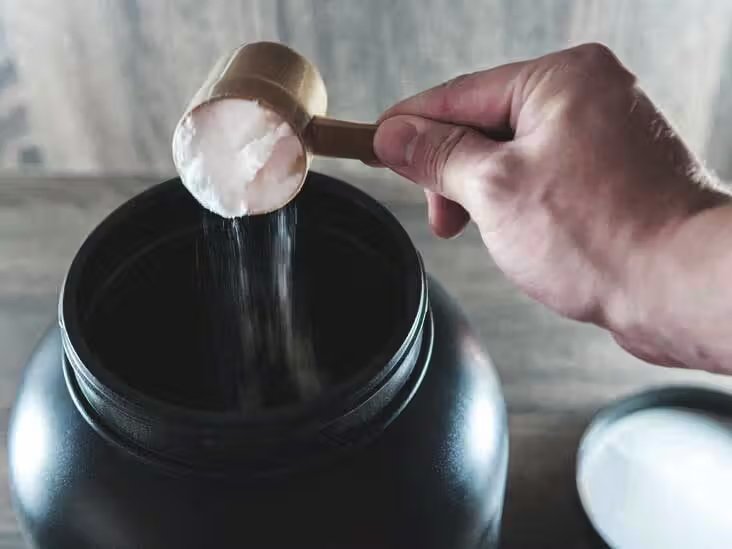Bad breath, medically referred to as halitosis, is a common condition that affects millions of people worldwide. While it can be embarrassing and socially limiting, it is often manageable with the right approach. Bad breath can stem from several underlying causes, ranging from poor oral hygiene to specific medical conditions. In this article, we will explore the various causes of bad breath, how to prevent it, and effective solutions to maintain fresh breath throughout the day.
What Causes Bad Breath?

Understanding the root causes of bad breath is essential for preventing and addressing the condition. Below are some of the most common reasons why people develop bad breath:
1. Poor Oral Hygiene
The most prevalent cause of bad breath is poor oral hygiene. If food particles are not removed through brushing and flossing, they can accumulate in the mouth and between the teeth, leading to bacterial growth. This bacteria produces unpleasant odors. Additionally, plaque buildup on teeth and gums can also harbor bacteria that contribute to bad breath.
2. Dry Mouth
A dry mouth, also known as xerostomia, can significantly contribute to bad breath. Saliva plays a crucial role in cleansing the mouth by neutralizing acids produced by plaque and washing away dead cells that accumulate on the tongue, gums, and cheeks. When saliva production decreases, these dead cells decompose and can cause halitosis.
3. Food and Drink
Certain foods and beverages are well-known for causing bad breath, including garlic, onions, and coffee. These foods contain sulfur compounds that can linger in the mouth long after eating, leading to unpleasant odors. In some cases, even digestive processes release these compounds back into the mouth after they are absorbed into the bloodstream.
4. Tobacco Products
Smoking and chewing tobacco are notorious for causing bad breath. Not only does the tobacco itself leave a distinct smell, but smoking also reduces saliva production, exacerbating dry mouth and leading to increased bacterial growth in the mouth.
5. Medical Conditions
Several medical conditions can cause bad breath. Some of the most common include:
- Sinus infections: Mucus from the sinuses can drain into the throat, leading to a foul smell.
- Gastroesophageal reflux disease (GERD): Stomach acids can come up into the esophagus and mouth, causing bad breath.
- Diabetes: High blood sugar levels can lead to a fruity or sweet odor in the breath, often associated with ketoacidosis.
- Liver or kidney problems: A person with liver or kidney disease may experience breath that smells like ammonia.
6. Medications
Certain medications can contribute to bad breath, particularly those that cause dry mouth as a side effect. Additionally, some drugs are broken down in the body, releasing chemicals that can be carried into your breath.
How to Prevent Bad Breath

Preventing bad breath requires a consistent oral hygiene routine and lifestyle adjustments. Below are the best practices for maintaining fresh breath:
1. Brush and Floss Regularly
Good oral hygiene is the first line of defense against bad breath. Brushing your teeth at least twice a day, using fluoride toothpaste, and flossing daily to remove food particles and plaque is essential. Make sure to brush your tongue as well, as it can harbor bacteria.
2. Stay Hydrated
Drinking plenty of water throughout the day can help combat dry mouth and wash away food particles and bacteria. It is especially important to stay hydrated if you experience dry mouth due to medications or medical conditions.
3. Use Mouthwash
Mouthwashes can help reduce bad breath by killing bacteria and leaving a fresh scent in the mouth. Antibacterial mouthwashes are particularly effective in targeting the bacteria that cause halitosis.
4. Avoid Tobacco Products
Quitting smoking or chewing tobacco can drastically improve your breath. Not only will it reduce bad odors, but it will also improve overall oral health by reducing the risk of gum disease and tooth decay.
5. Watch Your Diet
Limit the intake of foods that are known to cause bad breath, such as garlic, onions, and spicy foods. Additionally, cutting back on coffee and alcohol can help prevent dry mouth and reduce odor. Chewing sugar-free gum or mints after meals can help stimulate saliva flow and freshen your breath.
6. Visit Your Dentist Regularly
Regular dental check-ups are crucial for maintaining oral health. Your dentist can help identify any underlying dental problems, such as cavities or gum disease, that could be contributing to bad breath.
Effective Solutions for Persistent Bad Breath
If you find that you still struggle with bad breath despite following these preventive measures, there are additional steps you can take:
1. Professional Dental Cleaning
If plaque and tartar have built up on your teeth and gums, a professional dental cleaning may be necessary. Dental cleanings remove bacteria and tartar that regular brushing and flossing cannot, reducing the risk of gum disease and bad breath.
2. Treat Underlying Medical Conditions
If bad breath persists despite good oral hygiene, it may be a sign of an underlying medical condition. Speak with your healthcare provider to rule out issues like GERD, sinus infections, or diabetes that may be causing the problem.
3. Use Tongue Scrapers
Using a tongue scraper can help remove bacteria and food debris that brushing alone may miss. This simple tool is particularly effective for reducing bad breath caused by bacteria on the tongue.
4. Chew Sugar-Free Gum
Chewing sugar-free gum can help stimulate saliva production and keep your mouth moist, reducing dry mouth and preventing the accumulation of bacteria. Look for gums with xylitol, a natural sweetener that inhibits the growth of bacteria.
Conclusion
Bad breath is a common problem that can often be managed with simple lifestyle changes and good oral hygiene. By brushing and flossing regularly, staying hydrated, avoiding foods and habits that contribute to halitosis, and seeking professional dental care, you can maintain fresh breath and improve your confidence in social situations. If bad breath persists, it’s important to consult with your dentist or doctor to rule out any underlying medical conditions. Taking proactive steps to manage bad breath will not only improve your breath but also support your overall oral and general health.
Sources
- Mayo Clinic. “Bad breath.” Available at: Mayo Clinic
- WebMD. “What Causes Bad Breath?” Available at: WebMD
- Cleveland Clinic. “Halitosis (Bad Breath).” Available at: Cleveland Clinic





